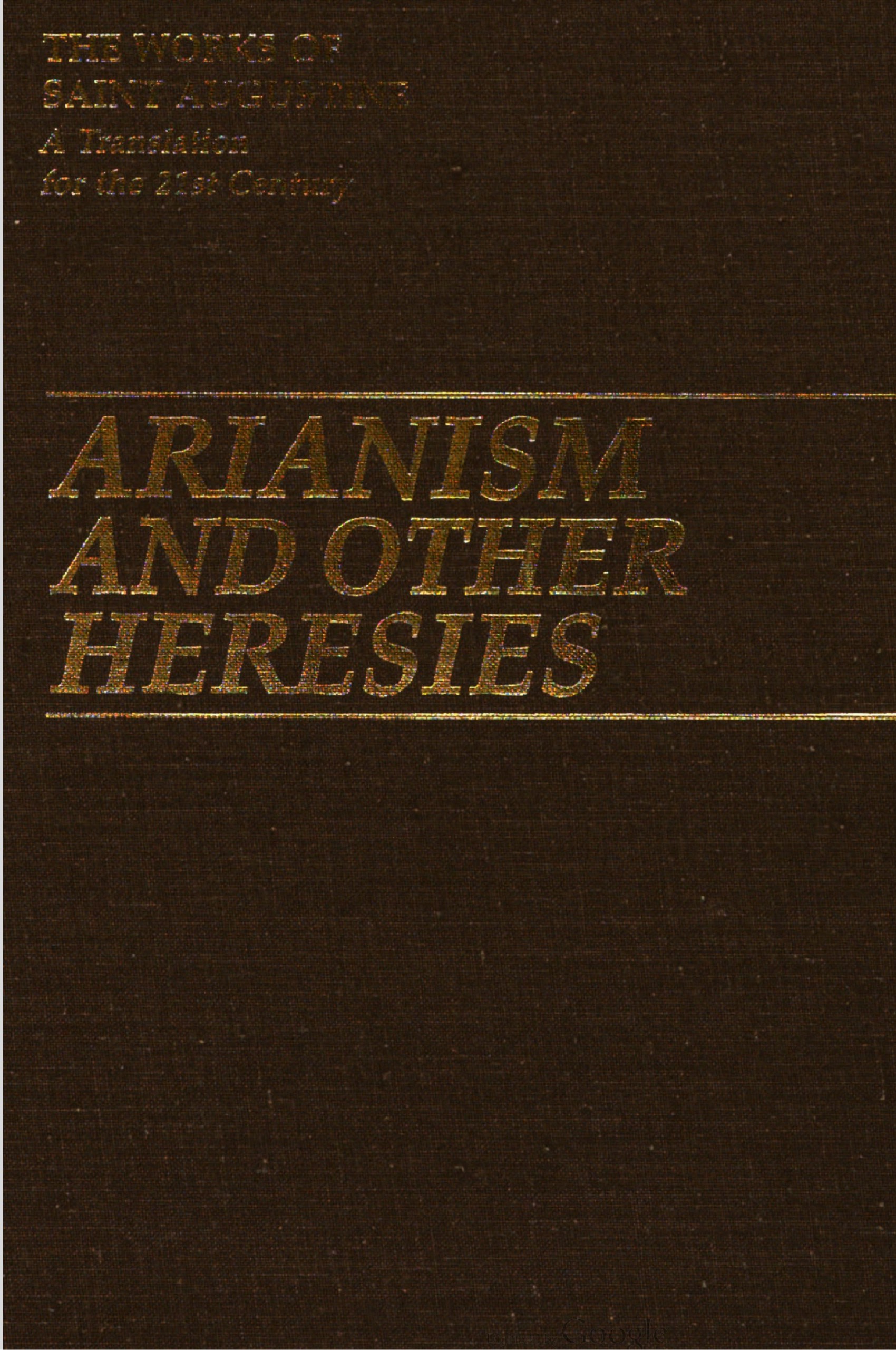Arianism and Other Heresies
The document “Arianism and Other Heresies” by Fr. John A. Hardon, S.J., is a theological treatise that explores the nature of Arianism and compares it with other heresies throughout Christian history. Here’s a summary:
Main Themes:
• Arianism: A doctrine from the 4th century asserting that Jesus Christ is not co-eternal with God the Father and was created. Arius taught that the Son of God was subordinate and had a beginning, which contradicted the traditional doctrine of the Trinity.
• Theological Impact: Arianism led to widespread controversy and was a major issue addressed at the Council of Nicaea in 325 AD. The Nicene Creed was formulated in response, affirming the full divinity of Christ.
• Church’s Response: The Catholic Church condemned Arianism as heresy. The response involved theological clarification, particularly by St. Athanasius and other Church Fathers who emphasized the consubstantiality (same essence) of the Son with the Father.
• Other Heresies: The document also discusses heresies like Nestorianism (which denied the unity of Christ’s divine and human natures), Monophysitism (which held Christ had only one nature), and modern distortions of Christological doctrine.
• Doctrinal Defense: Fr. Hardon defends traditional Catholic doctrine, emphasizing the need for doctrinal clarity and the authority of Church teaching to counteract error.
Purpose:
To educate Catholics on the nature of heresies, their historical context, and the theological truths upheld by the Church, stressing the continuity and orthodoxy of Catholic Christology through the ages.
This work is both a historical account and a theological critique aimed at preserving the integrity of the Christian faith against recurring doctrinal errors.
